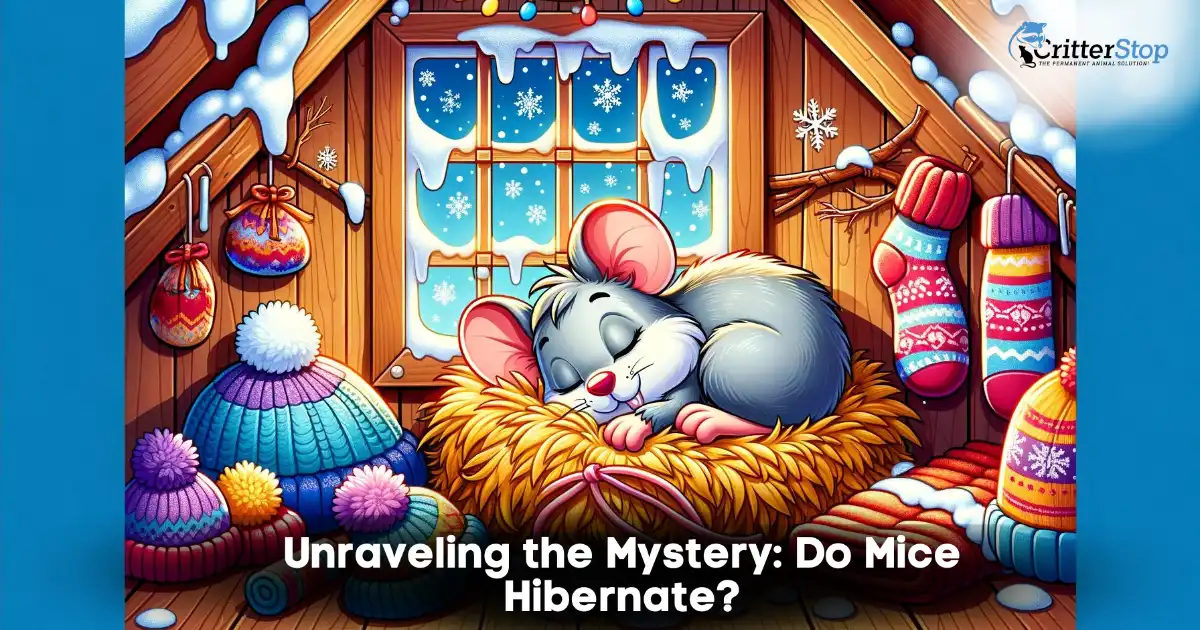
At the intersection of curiosity and scientific inquiry lies the question: do mice hibernate? This seemingly simple query opens the door to a fascinating exploration of the natural world, delving into the behavior and physiology of these ubiquitous rodents. In this comprehensive guide, we'll unravel the mystery of mouse hibernation, examining the factors that influence their seasonal habits and shedding light on the intricate mechanisms that govern their survival in harsh conditions.
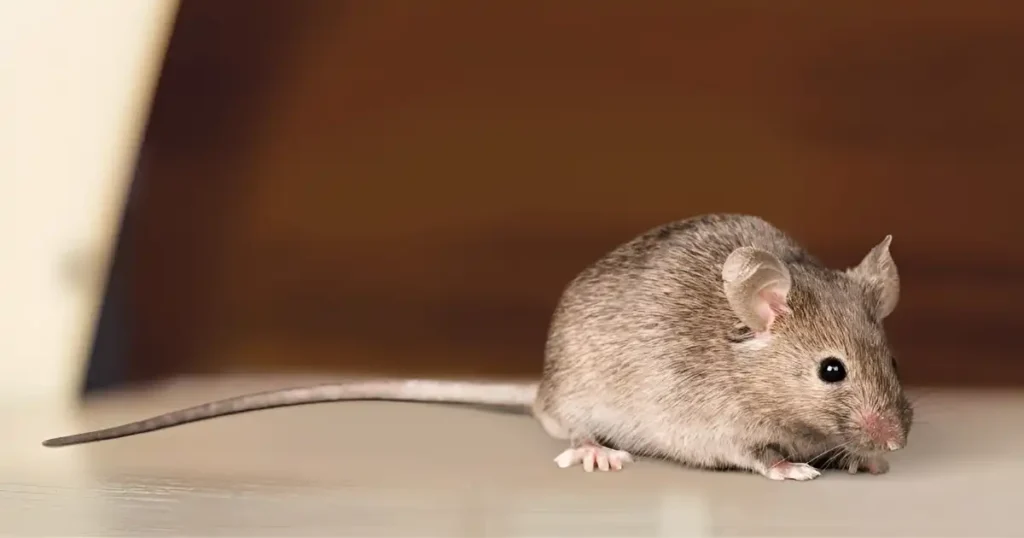
Before we delve into the specifics of mouse hibernation, it's essential to grasp the concept of hibernation itself. Hibernation is a state of dormancy characterized by significantly reduced metabolic activity, lowered body temperature, and slowed heart rate and breathing. It is an adaptive strategy employed by numerous species to conserve energy and survive periods of food scarcity or extreme environmental conditions.
Contrary to popular belief, mice do not exhibit true hibernation in the same sense as some other mammals, such as bears or groundhogs. Instead, they enter a state of torpor, which shares some similarities with hibernation but is distinct in its duration and metabolic processes. Torpor is a short-term, temporary state of decreased physiological activity that mice enter to conserve energy during periods of cold weather or food scarcity.
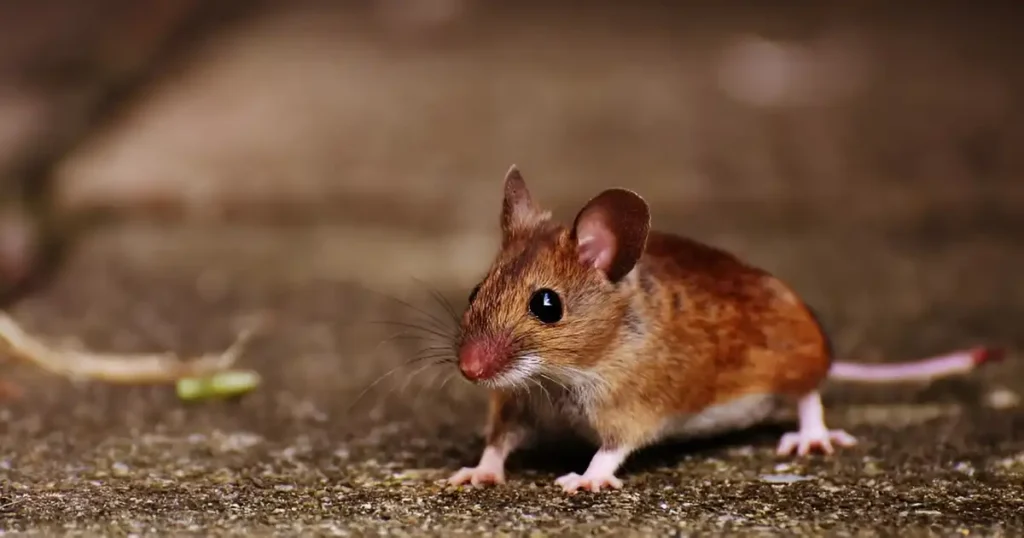
The propensity for mice to enter torpor varies depending on several factors, including species, geographic location, and environmental conditions. If you want to know when do mice hibernate, then the answer is that, as we have already established, they enter a state of torpor, and they do so in colder regions with harsh winters, as mice are more likely to enter torpor as a survival mechanism. Conversely, in milder climates with ample food resources year-round, the need for torpor is diminished. You may be wondering, then “Do mice store food for winter?” and the answer is yes; since they don’t hibernate, another survival strategy that mice have is stockpiling food ahead of the winter months.
The ability of mice to enter torpor is facilitated by a suite of physiological adaptations that enable them to withstand the challenges of winter. One crucial adaptation is the capacity to regulate body temperature, allowing mice to reduce their metabolic rate and conserve energy during periods of inactivity. Additionally, changes in hormone levels, particularly leptin and ghrelin, regulate food intake and energy expenditure.
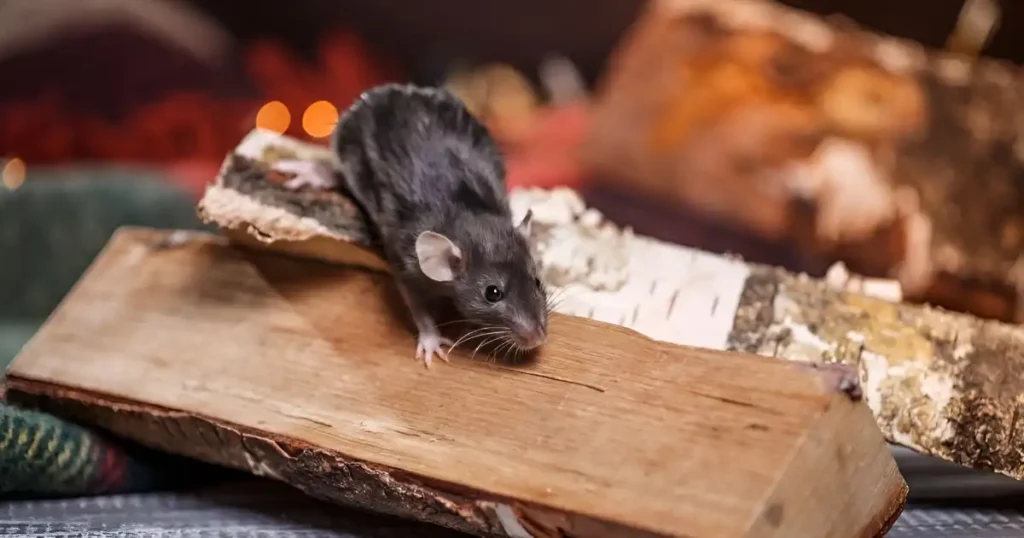
A combination of internal cues, such as hormonal changes, and external environmental factors influences the decision to enter torpor. Temperature fluctuations, daylight hours, and food availability all play a role in signaling to mice when it's time to conserve energy through torpor. For example, as temperatures drop and food becomes scarce in the winter months, mice are more likely to enter torpor as a survival strategy. If you’re wondering “Where do mice hibernate?” then the answer is that they enter a state of torpor instead of hibernating, as established before, but they do look for shelter as it helps them overcome the harsh winter conditions. Mice may turn to places like attics, wall voids, basements, kitchen pantries, and such.
Observing the behavior of mice can provide valuable insights into their hibernation-like habits. During periods of torpor, mice may exhibit reduced activity, spend more time in their nests, and show decreased interest in foraging for food. These behavioral changes are indicative of their physiological state and serve to minimize energy expenditure during challenging times.
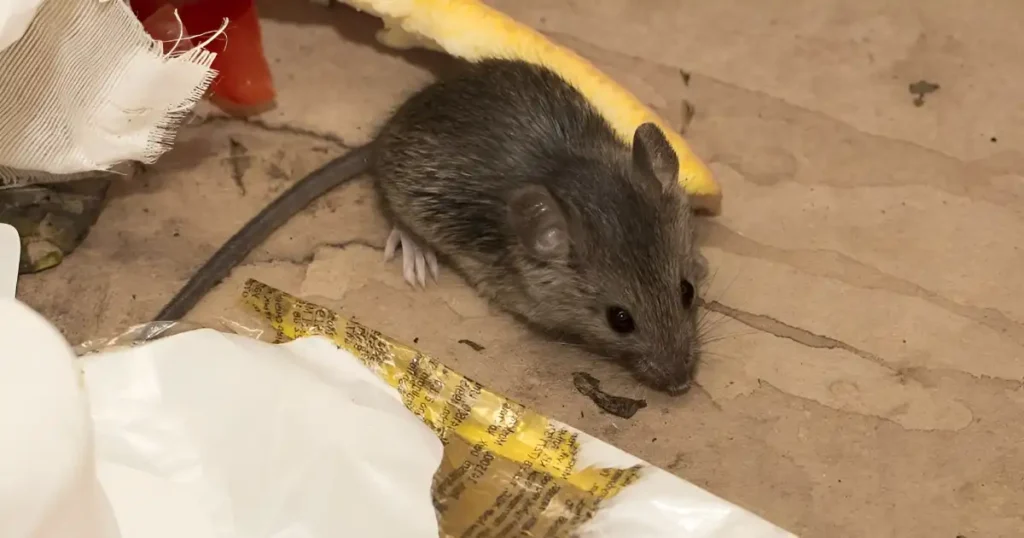
The phenomenon of mouse torpor has significant ecological implications, influencing population dynamics, community interactions, and ecosystem processes. By conserving energy during periods of environmental stress, mice are better equipped to survive and reproduce, contributing to the overall resilience and stability of ecosystems.
Research plays a pivotal role in advancing our understanding of mouse hibernation and other natural phenomena. Scientists around the world conduct experiments, field studies, and genetic analyses to unravel the intricacies of mouse physiology and behavior. By studying the molecular mechanisms underlying torpor induction, researchers aim to unlock new insights into metabolic regulation and energy conservation strategies.
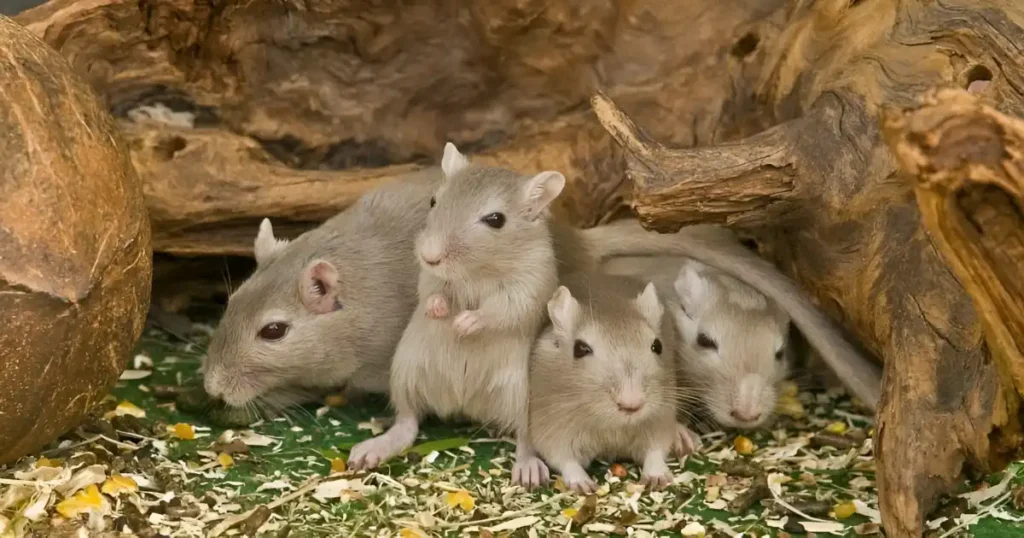
Looking ahead, ongoing research into mouse hibernation holds promise for various fields, including biomedicine, conservation biology, and climate science. Insights gained from studying torpor in mice may inform the development of therapies for metabolic disorders, such as obesity and diabetes. Furthermore, understanding how animals cope with environmental stressors can guide conservation efforts aimed at preserving biodiversity in the face of climate change.
In summary, the question of whether mice hibernate leads us on a journey of scientific discovery and exploration. While they do not hibernate in the traditional sense, mice employ a unique strategy known as torpor to survive harsh environmental conditions. By unraveling the mysteries of mouse hibernation, we gain valuable insights into the complex interplay between physiology, behavior, and ecology. Through continued research and collaboration, we can deepen our understanding of this fascinating phenomenon and its broader implications for the natural world.
In need of professional assistance with mice extermination? Look no further than Critter Stop, a professional humane wildlife removal company servicing residential and commercial customers in Texas. Critter Stop has earned a stellar reputation for providing high-quality work and exceptional customer service, offering a free inspection and estimate and industry-leading guarantees. Don't let mice become a nuisance in your home or business— Contact Us today at (214) 234-2616 for all your wildlife removal needs.
Visit our Critter Library and learn more about our furry friends